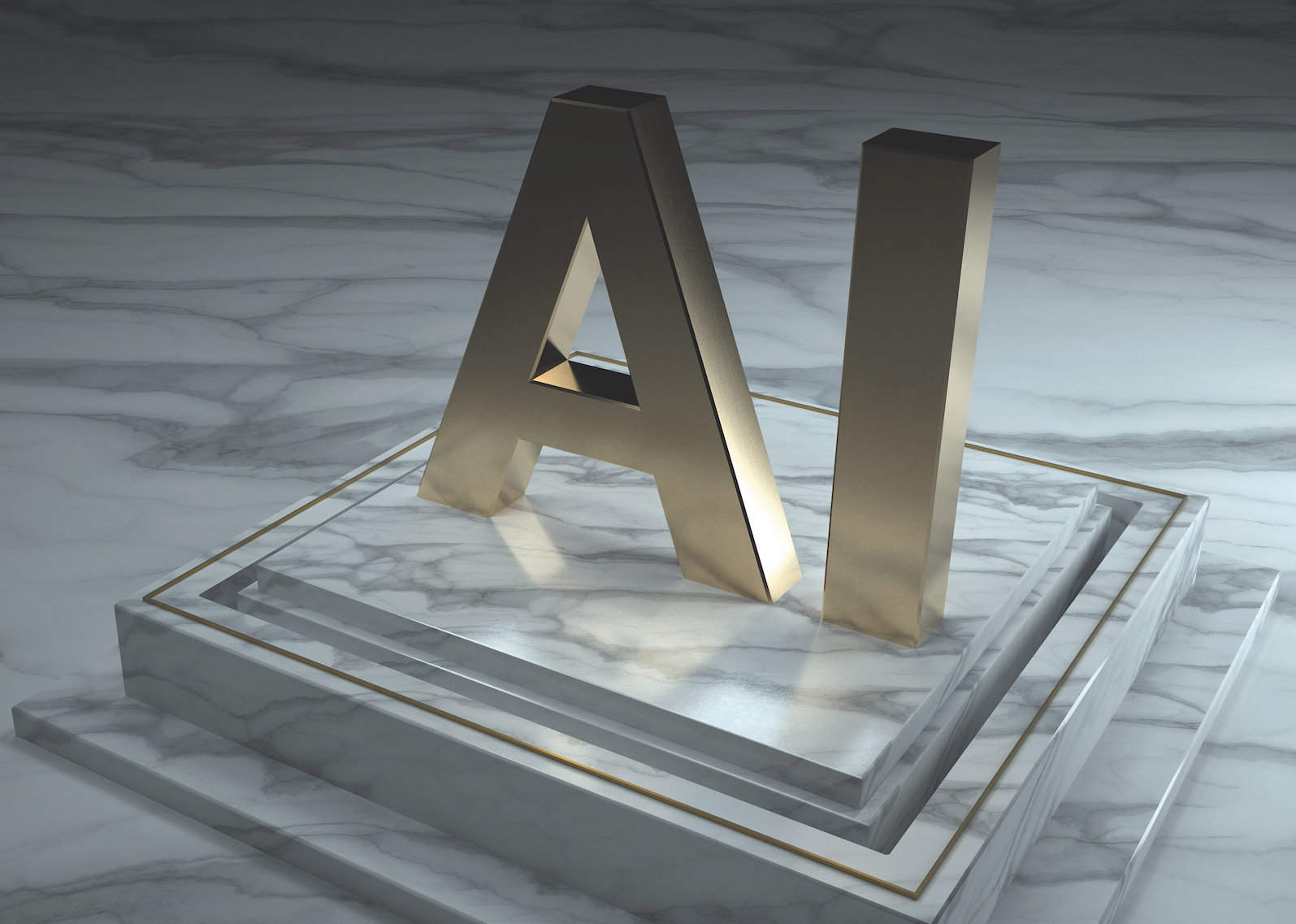
An artificial intelligence programme has proved to be more effective than two radiologists working together at diagnosing breast cancer from mammogram images, says a new study.
The AI technology was put through its paces in a study, published in the journal Nature, that used X-ray imaging data from 28,000 women from the UK and US and showed that the system reduced false positive and false negative decisions compared to a team of six human experts.
False positive readings were reduced by 5.7% in the US dataset and 1.2% in the UK, while false negatives were cut by 9.4% and 2.7%, respectively.
That’s a remarkable finding, according to the researchers behind the study from Google Health’s UK-based DeepMind unit – acquired by the tech giant in 2014 – and Imperial College London. The doctors would also have access to patient histories and prior mammograms, while the AI worked from the imaging dataset alone.
The standard approach to reviewing mammograms in the UK is to have two assessments from specialists – known as a double-reading – to reduce the acknowledged risk of incorrect interpretations, with a third assessment if there is no agreement.
According to the researchers, running the AI as part of the UK assessment system was better than one doctor working alone, and was non-inferior to the standard UK two-reader approach while reducing the workload of the second reader by 88%.
In a blog post, Google Health’s Shravya Shetty and Daniel Tse note that “inaccuracies can lead to delays in detection and treatment, unnecessary stress for patients and a higher workload for radiologists who are already in short supply”.
The Nature study is only viewed as a preliminary piece of work, but “sets the stage for future applications where the model could potentially support radiologists performing breast cancer screenings”, they add.
It takes over a decade of training as a doctor and specialist to become a radiologist, capable of interpreting mammograms, says a BBC report, which notes that reading X-rays is vital but time-consuming work and there is an estimated shortage of more than 1,000 radiologists across the UK.
The shortage could be alleviated at a stroke by reducing the need for double reading of mammograms, say the researchers.
The study builds on earlier work at Google showing how its algorithms can detect metastatic breast cancer from lymph node specimens, and help doctors spot breast cancer more quickly and accurately in pathology slides, says the post.
Cancer Research UK – which contributed to the study – says that the NHS breast cancer screening programme saves around 1,300 lives in the UK each year, but is being affected by staff shortages with reports that up to one in ten diagnostic posts are currently vacant.
“What I think is most interesting about this study is its realism,” says Professor Ken Young, who works for the NHS and manages CRUK’s mammogram collection.
“What’s unusual is that it compares the algorithm to a totally realistic clinical scenario,” he adds, whereas past studies have used specially selected mammograms that were analysed in a somewhat artificial setting, for example with a higher-than-usual proportion of cancer cases.
“We have a sample that is representative of all the women that might come through breast screening,” says Young. “It includes easy cases, difficult cases and everything in between.”




